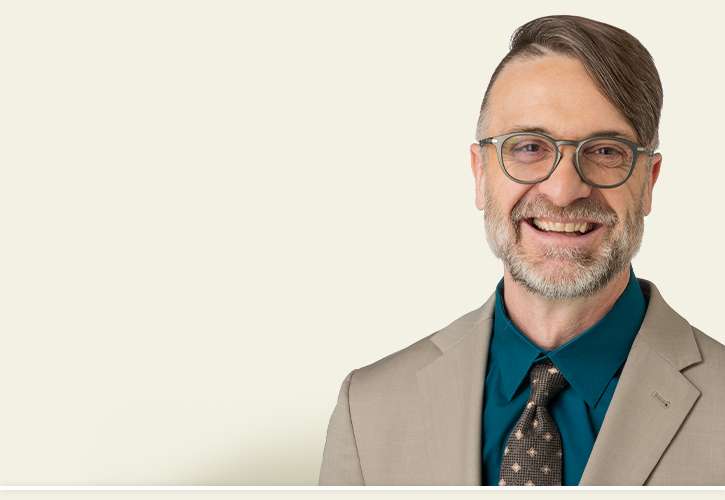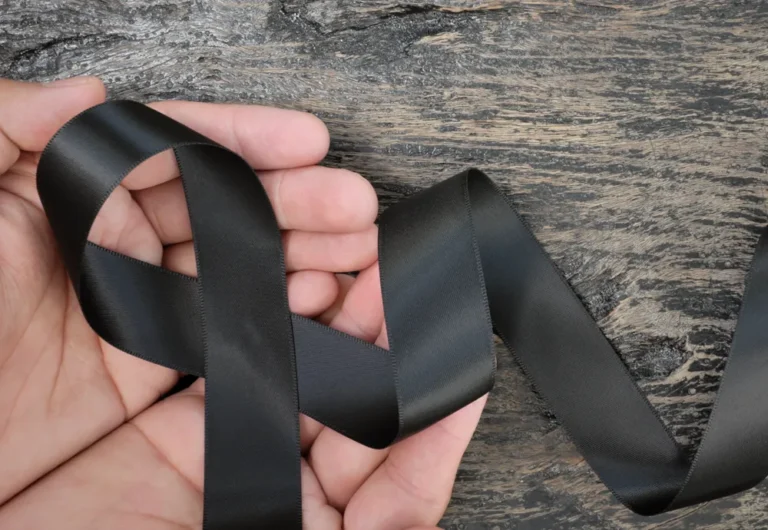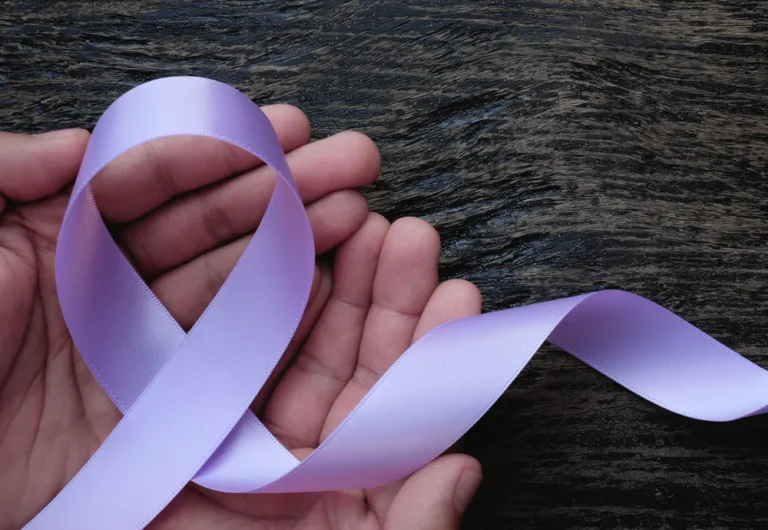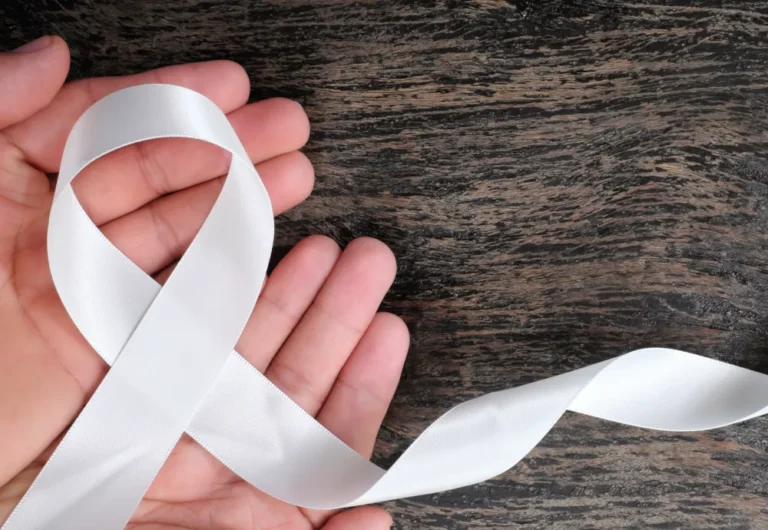I once read that the amount of raw medical knowledge doubles every decade. I can’t verify that, but it sure seems right.
Not every new fact brings a new solution. Most new drugs and clinical trials are, in fact, blind alleys. But to paraphrase Edison, it’s no failure to identify with certainty the 10,000 things that absolutely positively won’t work. Because one day, if you keep at it, one glorious day you’ll find something that will.
I’ve never been a dewy-eyed optimist about cancer medicine, preferring instead unflinching honesty and a quiet faith that things would get better. Lately, I’ve had to check my curmudgeon hat at the door – because in the last few years, the rate of progress has been bloody astounding.
Think about this: in the middle of the last century, there were less than six drugs approved for use in cancer. Now there are over 170…and the majority appeared in the last decade.
Three new drugs for myeloma? In a few months? Are you kidding me? PD-1 inhibitors rewriting the natural history of metastatic melanoma (ask President Carter) – and they work in lung cancer too?
Pinch me. I can’t possibly be awake.
And yesterday, Vice President Joe Biden launched the National Cancer Institute’s Genomic Data Commons. It’s a public repository and analytic resource allowing every map of every cancer gene known to be brought together in one place.
Up until now, it’s as if different groups have been working on separate sections of a very large jigsaw puzzle – some doing the left corner, some doing that blob of blue sky, some doing whatever that tan thing is, all making incremental progress on separate small areas. But if you’ve ever done a jigsaw puzzle, you know how fast you finish when you start putting the sections together.
Just think about that – open source hacking, by every cancer researcher in the world.
This is actually happening, folks.







